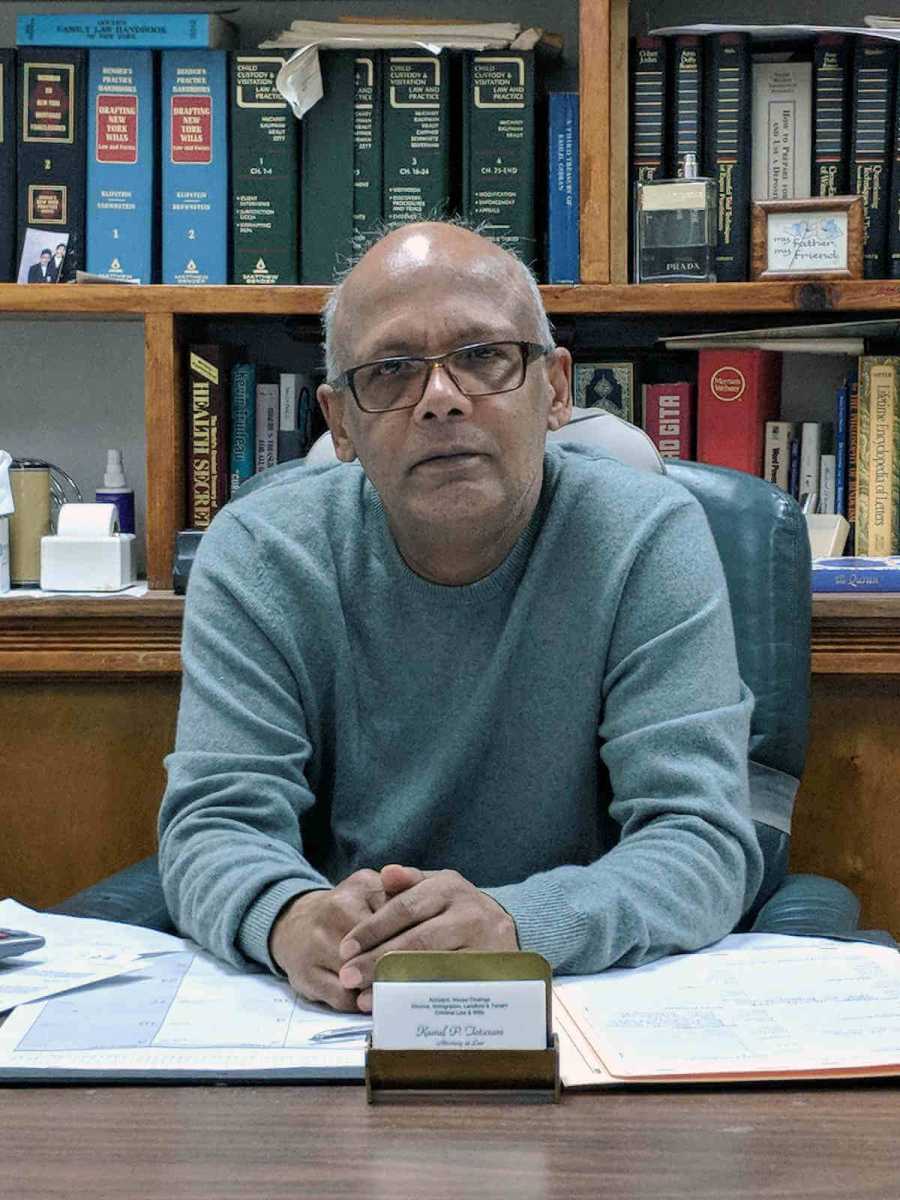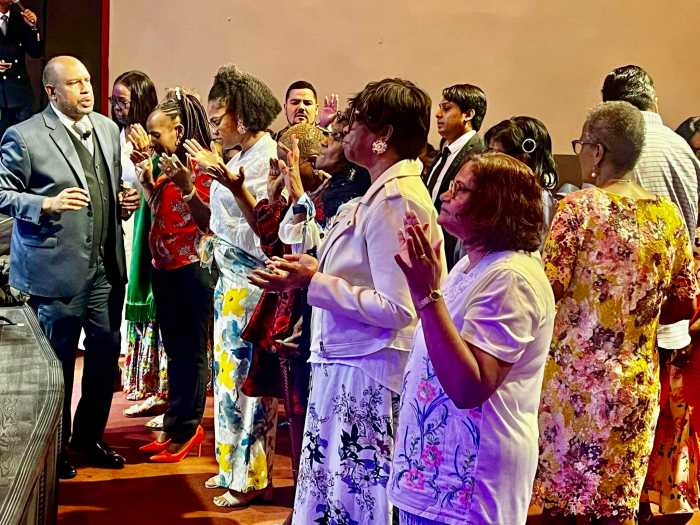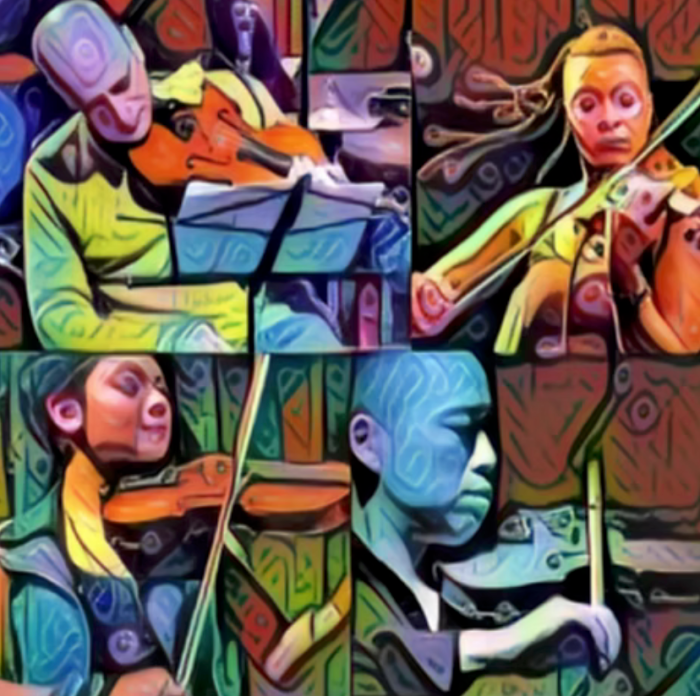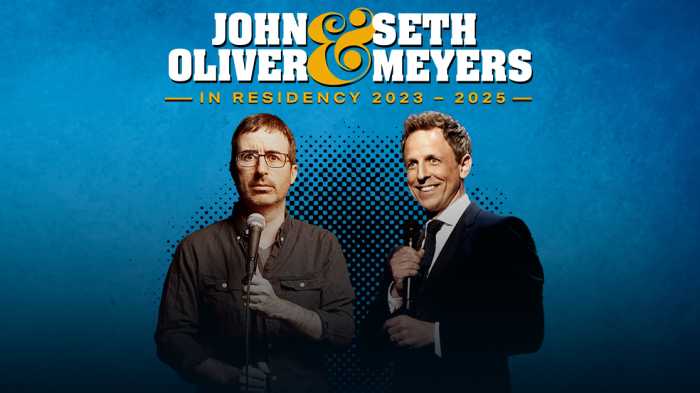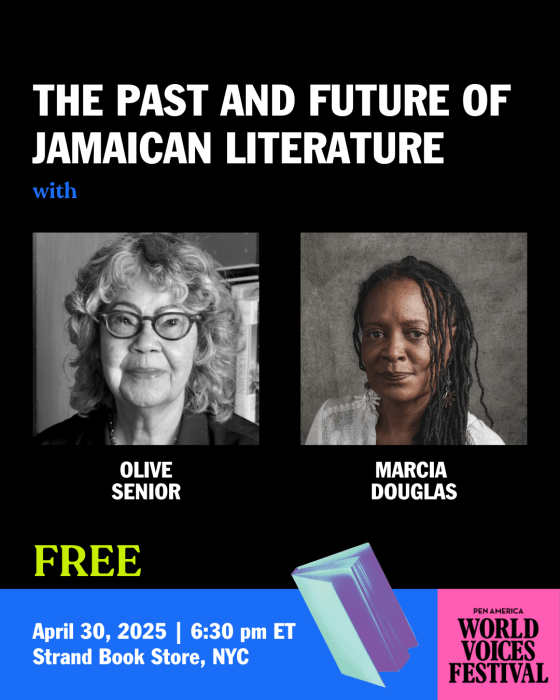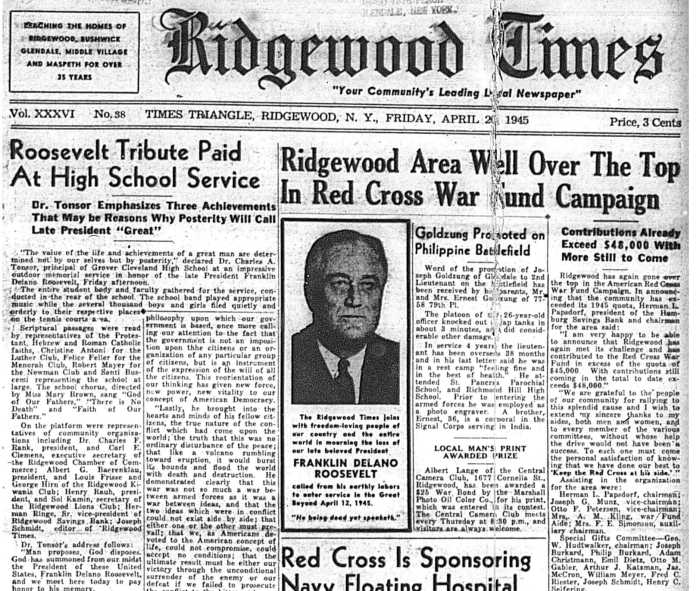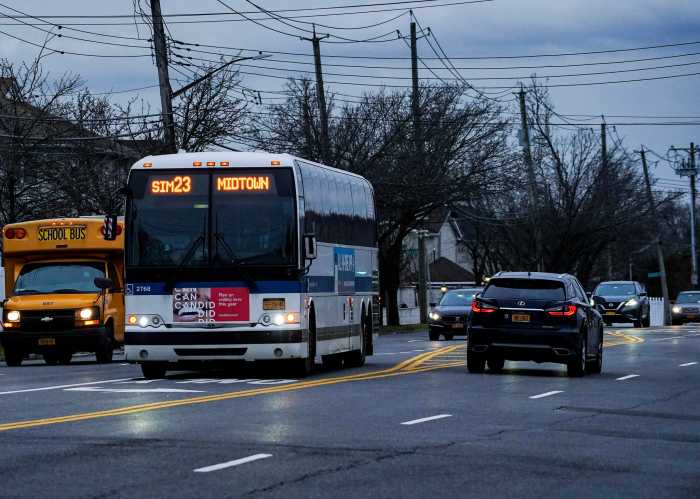After practicing law for over two decades, Guyanese-born Kawal P. Totaram says he still remains totally committed to serving the Caribbean community in New York.
Despite many challenges, over the years, the Richmond Hill, Queens-based Totaram told Caribbean Life, in an exclusive interview over the weekend, that nothing is more rewarding than serving the community.
“As a person of color, practicing in Long Is. and other places, you have subtle forms of racism, but you rise above that,” said Totaram, 63, who also practices law in Queens, the other four boroughs in New York City, as well as in Westchester County and Schenectady in upstate New York.
“You start to help organizations in the community,” he added. “As a result, you become successful in the West Indian community. It’s a rewarding job professionally and financially.
“You’re proud of your accomplishments in your community,” continued Totaram, disclosing that he also conducts “political work to help galvanize the community.”
“Our community is being recognized little by little,” he said.
He also pointed to assistance he renders in raising funds to help some candidates get elected to political offices, such as former New York State George Pataki and Guyanese Trevor Roopnarine, who ran unsuccessfully for City Council. He noted that Roopnarine “came close to winning.”
Totaram, who practiced law in Guyana for two years — from 1980-82 — and in New York from 1988 to present, said he played an integral role, in the mid-to-late 1990s, in the establishment of the first West Indian Bar Association in Brooklyn.
With former New York Supreme Court Justice Reynold Mason, of Grenada, serving as president, and other West Indian lawyers in Brooklyn, Totaram said the first West Indian Bar Association (WIBA) was formed “to advocate for West Indians lawyers in the courts in the State of New York.
“We wanted to sensitize the courts to understand the West Indian culture better,” he said, stating that, subsequently, he became president of WIBA’s Queens Chapter.
“We testified before the City Council of New York against the banning of Caribbean bananas in favor of Chiquita bananas,” added Totaram, disclosing that WIBA executives also testified before the City Council about “the raiding of basements of West Indians in Queens and other places.”
Originally from Corentyne, Berbice, Guyana, Totaram said he received his early legal education at the Cave Hill Campus of the University of the West Indies (UWI) in Barbados, where he obtained his Bachelor of Law (LL. B) in 1978.
Two years later, he completed his legal certificate to practice law from UWI’s Sir Hugh Wooding Law School at the St. Augustine Campus in Trinidad and Tobago.
For two years, Totaram said he practiced law in his native land as a prosecutor in the Office of the Director of Public Prosecutions (DPP).
After migrating to New York later in 1982, he said he worked in many “miniscule” jobs, including managing movie theaters in Manhattan, the immigration law firm of Abraham Glampzman in Manhattan, and New York City Department of Housing.
Soon after passing the New York State Bar Examination in 1987, Totaram said he opened his own law firm, specializing in real estate, immigration, special injury and divorce cases.
Later, when the housing market “picked up,” he said he placed more emphasis on real estate.
“A lot of West Indians were buying houses at the time, so I acquired a building on Liberty Ave. (in Richmond Hill),” Totaram said. “Since then, I’ve been focusing on real estate, and land lord and tenant cases.”
But, like most professions, he said his career has, clearly, not been without challenges.
“The question of your own people having doubts of your ability — whether you’re capable of understanding complex issues,” Totaram said. “The immigrants feel you’re unable to do that.
“The people go to the big law firms and, when they’re unable to handle your work, they come to you to see how you can settle it,” he added. “The cases are already in a mess, and you have to try to settle.
“Despite your ability to do big cases, they (some West Indians) wouldn’t come to you,” Totaram continued “They only come to you on the little cases, such as DWI (driving under the influence).”
But he said he was very gratified in winning what he considered to be a big case, in the late 1980s, for the owner of Mary Hats against the management of Kings Plaza in Brooklyn, in which management sought to terminate the tenant’s lease.
“She (unidentified owner of Mary Hats) came to me, and we won the case,” said Totaram, stating that the case had gone to trial.
He disclosed that Sen. Charles “Chuck” Schumer, of New York — the current US Senate Minority Leader, who was practicing law at the time — eventually re-negotiated a lease for Mary Hats, the only Black tenant at Kings Plaza “back in the 1980s.”
Totaram advises young people to “keep your focus on your career, your education.
“Work hard, and it will play off,” he said. “Go to school, stay in school, come out and help your community.
“Also, don’t forget the politics back home,” Totaram added.


